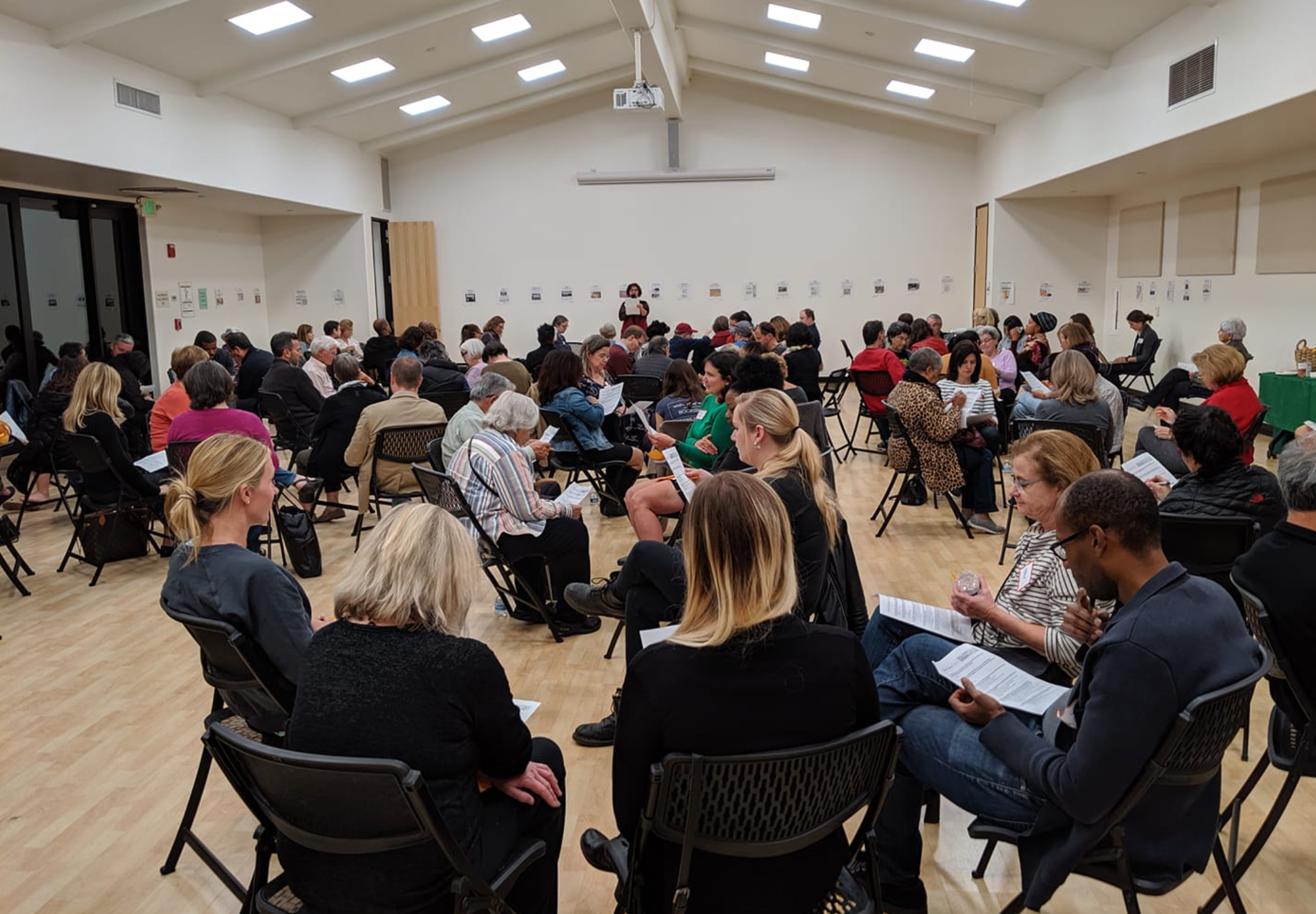Housing Element (2023-2031)
The City of Palo Alto was to identify sites and policies for 6,086 new, affordable homes by January 31, 2023. We didn’t have to build or permit these homes by then - just demonstrate a willingness to make them feasible here in our city. Click here to see what's at stake if we fail to create a Housing Element that can be certified by the state.
The Housing Element Working Group, which was appointed by the City Council in April 2021, met monthly over 18-months to identify sites and policies to enable those homes. In December 2022, the Housing Element was submitted to the state for review. As part of Palo Alto Forward’s efforts to engage residents in the process, a group of citizens reviewed the Housing Element and provided two letters (including groundtruthing of housing sites) identifying ways to improve the Housing Element and bring it into compliance with state requirements:
The state Department of Housing and Community (HCD) has responded in their own two letters, which included many of the points raised by Palo Alto Forward’s citizens group. HCD found the city’s changes to the Housing Element were insufficient to bring it into compliance with state law:
The city will be resubmitting further updates to the Housing Element early next year and we will be there to advocate for a better, stronger document. Watch this space for more info!
What solutions do we suggest?
Sites identified for housing should be upzoned. Current zoning constraints make it difficult or impossible to build larger, denser housing projects - such as apartment buildings. The following items would encourage transit-oriented development necessary to meet our climate goals and state housing requirements:
Eliminate density limits (dwelling units/acre). This change would enable greater residential diversity in terms of unit types.
Increase allowed heights throughout the city. Current zoning generally limits buildings to four or fewer stories, though many recent projects are at least 55 feet and our favorite buildings in town are substantially taller than 50 feet (e.g., the Hotel President is 90 feet).
Decrease parking requirements to reflect actual need. Parking spaces can cost more than $80,000 to build, and many sit vacant and unused. Parking requirements should be reduced, or follow San Jose’s lead and eliminate parking minimums altogether.
Increase residential FARs throughout the city. Current FARs are incompatible with the densities contemplated in the Housing Element and make redevelopment of sites cost prohibitive.
Identify more housing sites. To have a realistic chance of meeting our housing goals, more sites must be identified for high-density housing.
Shorten entitlement and permitting timelines. We have some of the longest permit processing times. Upzoning sites, as described above, would shorten permitting timeframes and have the added benefit of streamlining environmental review.
Allow mixed-use structures. The city has sought to limit the amount of new commercial development in new structures; however, this constrains affordable housing development because commercial uses can help fund the cost of residential uses.
Housing Element policies do not further racial and economic Integration. The only places being seriously considered for new housing are existing industrial areas in the southeast corner of the city, where major roadways partition this area from schools, parks, and libraries. It is impossible to address our city’s history of racial, ethnic, and economic segregation with this approach.
Create stronger policies to engage Stanford University on its lands. Stanford is one of the largest landowners and employers in Palo Alto and Stanford-owned lands could provide the opportunity for housing close to jobs.
Revamp City development fees. Fees for parks, community centers and libraries add approximately $64,503 to the price of a single-family dwelling and $47,707 to the price of a multi-family dwelling. This is an implicit regressive tax that penalizes smaller-unit development.
Get Involved
Email info@paloaltoforward.com to join Palo Alto Forward’s Housing Element volunteer group and leads our efforts around the local Housing Element process, volunteers know when community members should comment, and coordinate with regional coalitions like the Campaign for Fair Housing Elements.
Learn More About the Housing Element:
Palo Alto Forward’s August 2021 Webinar: What is the Housing Element?
Palo Alto Forward's September 2020 Webinar Housing Element 101
City of Palo Alto Housing Element landing page
Yimby Action primer on RHNA and the Housing Element

